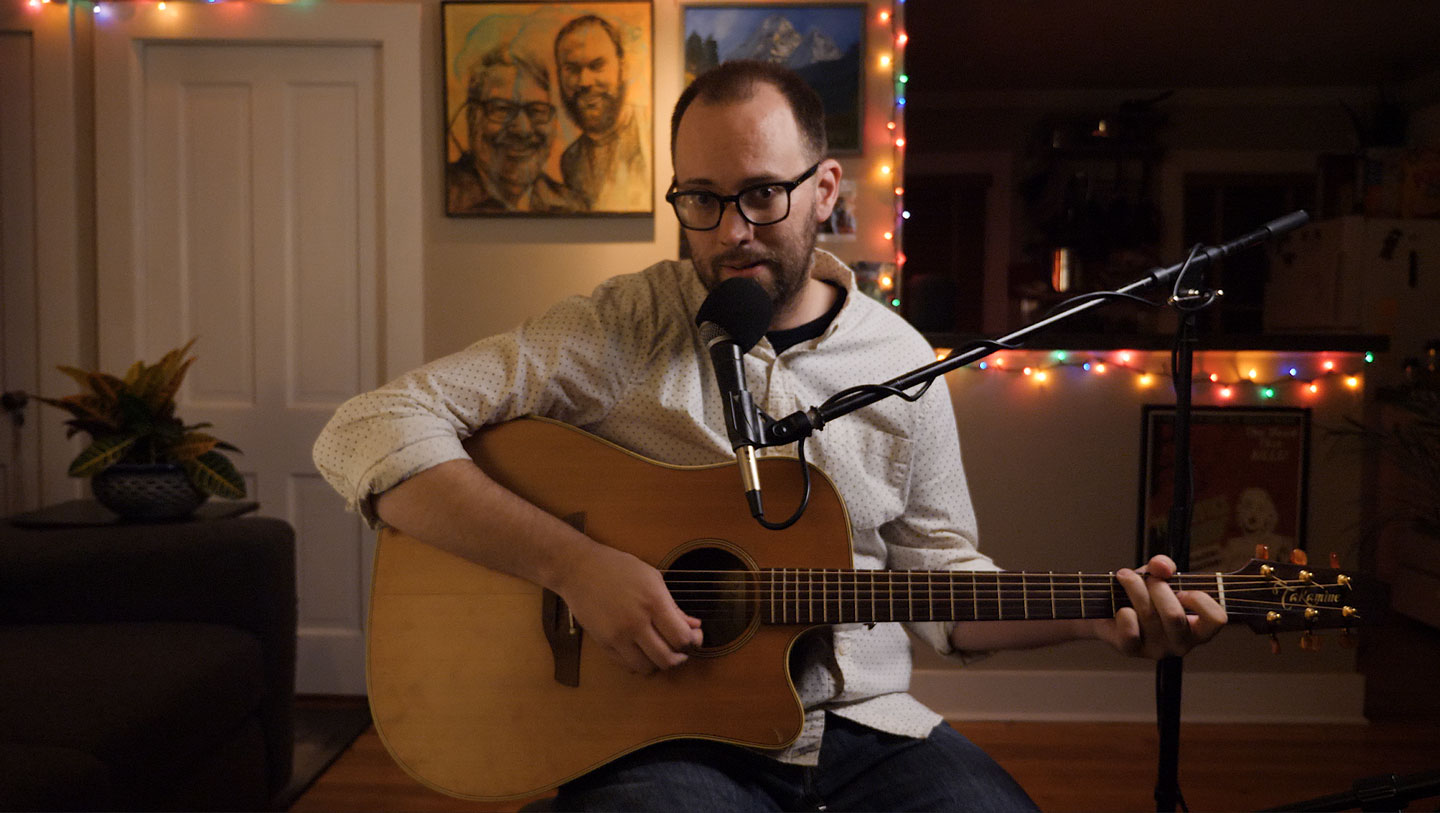CU Boulder professor learns the wrong lessons from online teaching
I recently encountered this article about CU Boulder’s adventures with one of the latest fads in higher ed and online learning: MOOCs.1
It is full of frustratingly common “revelations” about online learning. Take for example the description of Professor Dubson’s experiment in taking his face-to-face course online without changing anything about how it is taught.
[Dubson] tried to make the courses identical so he could compare their outcomes, much like an experiment, he said.
Leave aside for a moment the dubious approach of moving a face-to-face course online without changing it. The problem with this “experiment” is that his face-to-face students are tuition-paying, degree-seeking, credit-earning students. They have something to gain (or lose).
His online MOOC participants from the outset have a different level of investment that is unrelated to the fact that it is being taught online. They aren’t pursuing a degree, they aren’t paying tuition, they aren’t earning credit, and there are no consequences for bailing on the course.
And so, unsurprisingly, Dubson found that his on-campus students had far higher completion rates than the adult learners in his MOOC.
While missing or ignoring the aforementioned differences in investment and external motivations, Dubson reaches a broad conclusion:
“My conclusion is that online education works for about two percent of students, namely those who have this extraordinarily strong sense of dedication and self-discipline.”
“For them, online education works. For the vast majority, no.”
Nevermind almost two decades of research showing that online courses can be every bit as effective as face-to-face courses in achieved learning outcomes. Nevermind the questionable approach taken of transferring a face-to-face course online without adapting it to take full advantage of the affordances of digital teaching and networked learning. Nevermind that MOOCs are a questionable online equivalent to crappy large-section lecture courses.2
Dubson doesn’t limit his conclusion to MOOCs, but makes a blanket statement about “online education” not working for 98% of students, the “vast majority.”
Imagine adapting a book into a movie by filming the ink on the pages as someone turns them one by one. Who would prefer such a “movie”? Who would make wild conclusions about movies being an inferior art form as a result of this “experiment”?
Or, imagine an experiment where you play songs on acoustic guitar followed by playing the same songs on an electric guitar without using an amplifier and then conclude that acoustic guitars are objectively superior.
Why must online education constantly justify itself against such ignorance?3
-
For a laugh, watch CU Online’s video spoof of TED Talks regarding MOOCs and flipped classrooms. ↩
-
In some studies (like those described in this article), online courses have been found to sometimes even be superior to face-to-face courses. In either case, it comes down to the considered application of pedagogy and design, combined with substantive facilitation from the instructor. ↩
-
UPDATE: My friend and colleague David Lyons has chimed in with his two cents. ↩







